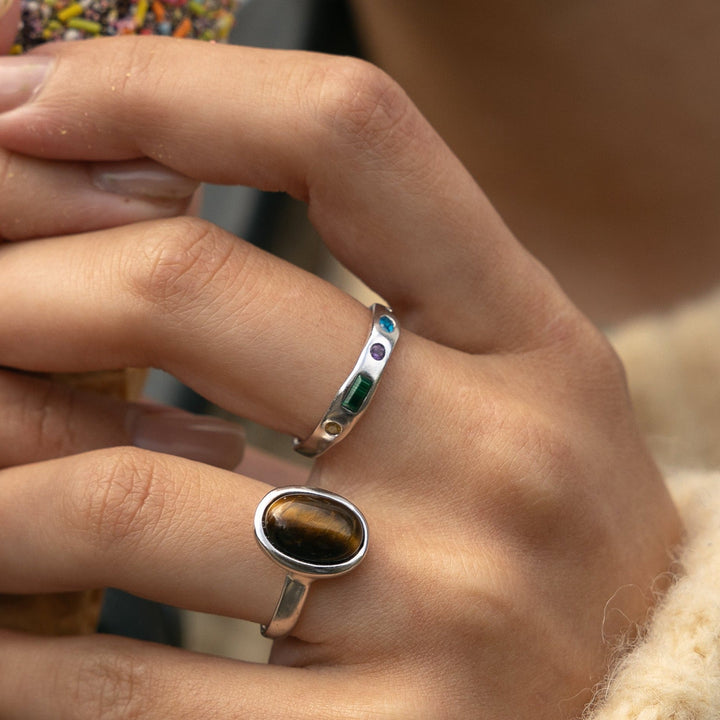
Snoring is an irritating, unintentional noise that some people make while sleeping. Most people find out about their snoring problem for other people who suffer through it. Snoring can be an embarrassing sign of internal issues. Read on for some advice to help you stop snoring.
If you have problems with snoring during the colder winter months, consider purchasing a humidifier. If you allow the humidifier to remain on in your bedroom while you sleep, you may notice less snoring. The moisture in the air reduces congestion in your chest and reduces the breathing difficulty that can lead to snoring.
If you regularly take prescription muscle relaxers or pain medications, you might be faced with chronic snoring. If at all possible, avoid taking these medications in the hours before you get ready for bed. These drugs cause your muscles to become more relaxed, especially in your airways. As a result, it becomes more difficult to breathe, which leads to snoring.
If you want to stop snoring, don’t consume alcohol just before bed. While alcohol is OK to have with dinner or even later in the evening, if you have it just before bed, it will make all of your muscles relax — including those that keep your nasal passages fully open. You’ll have less air flow, and you’ll snore.
One trick that many spouses have learned when they have to sleep with a snorer is to nudge them until they turn over on their side. The change in position will often alleviate the problem, at least temporarily. While it is no fun to have to constantly nudge your spouse, sometimes that is the only way you can get to sleep.
If the room you sleep in is too dry, it would be wise to purchase a humidifier. When the air is too dry, congestion can occur in your throat and nose, and can even make them swell. The congestion and swelling make it harder to breathe and causes you to snore. A humidifier can eliminate this problem.
Avoid snoring by staying away from food that is high in carbs, especially late in the day. Foods like pizza, cake, and cookies can fill up your stomach and cause it to push on your diaphragm. This will squeeze your air passages, making it harder for air to get through — and causing you to snore.
Sleep on your side to minimize your chances of snoring. If you sleep on your back, your tongue may fall back into your throat and obstruct the airways. This can result in snoring. Sleeping on your side keeps the tongue from falling back into the throat, so you are less likely to snore.
A good way to prevent your from sleeping on your back, which can make snoring worse, is to sew something on the back of your shirt that will be uncomfortable if you roll over on it. This will make you less likely to ever sleep in a position where you are on your back.
Late night caffeine intake can easily trigger snoring. As caffeine is a stimulant, it can increase breathing and other bodily function activity levels. This can lead to restlessness in the body and snoring. The best thing to do is to avoid consuming caffeine in the late evening hours before bedtime.
The fact is that lots of people snore, but are unaware of it until someone else mentions the problem. It could continue to be a source of embarrassment to you in the future, and you will want to address any potential health problems that may be associated with your snoring. If you snore, the advice in this article will help you make it a thing of the past.





